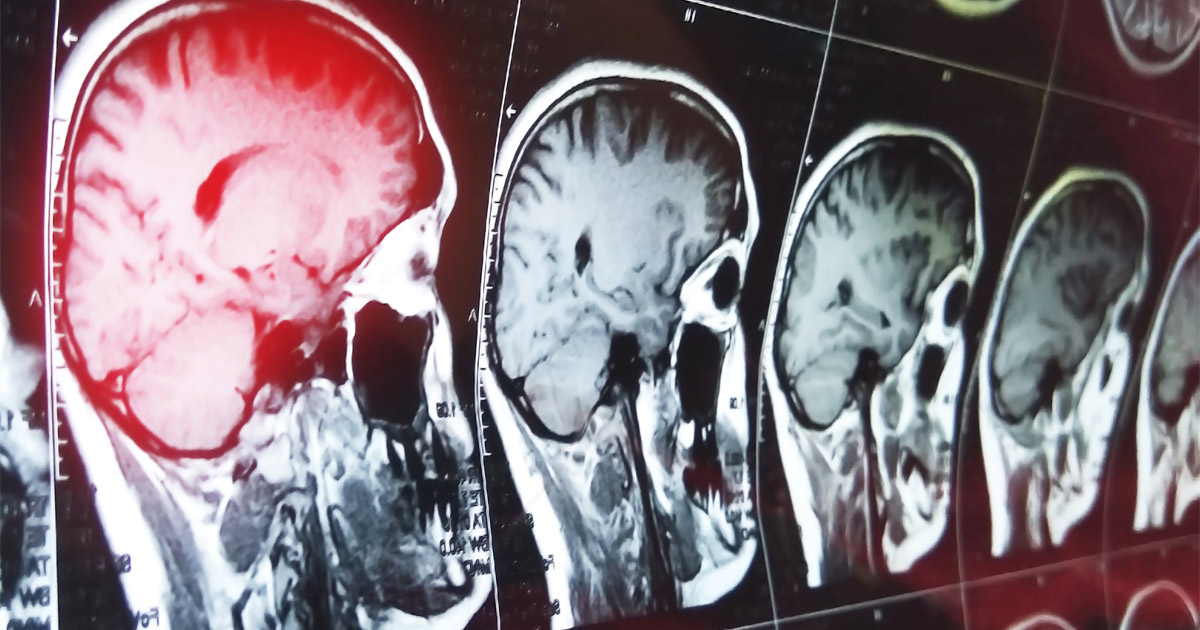Traumatic brain injuries (TBIs) are often associated with severe car accidents. The forces involved in a collision can cause severe damage to the brain, leading to various cognitive and physical impairments. How can a car accident cause a TBI, and what legal options are available for those who were injured?
What Are the Common Causes of TBIs in Car Accidents?
Recognizing TBIs’ common causes, signs, and symptoms is essential for prompt diagnosis and treatment. Car accidents can result in TBIs for different reasons:
- When two vehicles collide, or a car collides with a stationary object, the force of impact can cause the brain to collide with the skull. The sudden movement can lead to bruising, bleeding, or tearing of brain tissue.
- Rear-end collisions are notorious for causing whiplash, a sudden head and neck jerking motion. That can also jostle the brain within the skull, potentially leading to a TBI, even if there is no direct impact on the head.
- In some car accidents, objects may penetrate the skull, directly injuring the brain. Examples include shattered glass, flying debris, or other sharp objects within the vehicle or surrounding environment.
- In addition to the initial impact, car accidents can also cause secondary injuries that indirectly harm the brain. Severe whiplash can lead to spinal cord injuries, which may result in reduced blood flow to the brain or other complications.
Even seemingly minor car accidents can cause TBIs, and symptoms may not always be immediately apparent. Anyone involved in a car accident should seek medical attention promptly, regardless of the collision’s severity.
What Are the Signs and Symptoms of TBIs?
TBIs can manifest in several ways, with symptoms ranging from mild to severe:
- Headaches or migraines
- Nausea or vomiting
- Dizziness or loss of balance
- Blurred vision or sensitivity to light
- Difficulty concentrating or remembering
- Mood changes, irritability, or depression
- Fatigue or drowsiness
- Difficulty sleeping or sleeping more than usual
- Seizures or convulsions
- Loss of consciousness, even if brief
Some symptoms may not appear immediately after the accident but could develop days or weeks later, making monitoring for any health or behavioral changes critical.
What Legal Recourse Do Individuals With TBIs Have?
Individuals with TBIs resulting from car accidents may have legal recourse to seek compensation for their injuries and associated damages. In such cases, it is best to consult with experienced personal injury lawyers who can assess the circumstances of the accident and advocate for the individual’s rights.
Individuals may pursue compensation through a personal injury lawsuit against the at-fault party or parties involved in the car accident. The lawsuit may seek damages for medical expenses, lost wages, pain and suffering, and other economic and non-economic losses.
Personal injury claims are often resolved through negotiation and settlement outside of court. Experienced personal injury lawyers can negotiate with insurance companies on behalf of the individual to secure a fair settlement that adequately compensates for their injuries and damages.
Individuals may also seek compensation through insurance claims, including ones against their insurance policies or the policies of the at-fault parties. Insurance coverage may vary depending on the circumstances of the accident and the insurance policy terms.
Our Media Car Accident Lawyers at Eckell Sparks Represent Clients With TBIs From Car Accidents
If you or a loved one has suffered a TBI in a car accident, seek compassionate, trusted legal guidance from our skilled Media car accident lawyers at Eckell, Sparks, Levy, Auerbach, Monte, Sloane, Matthews & Auslander, P.C. Call 610-565-3701 or contact us online for a confidential consultation. Located in Media and West Chester, Pennsylvania, we serve clients in Delaware County, Chester County, and Montgomery County.

